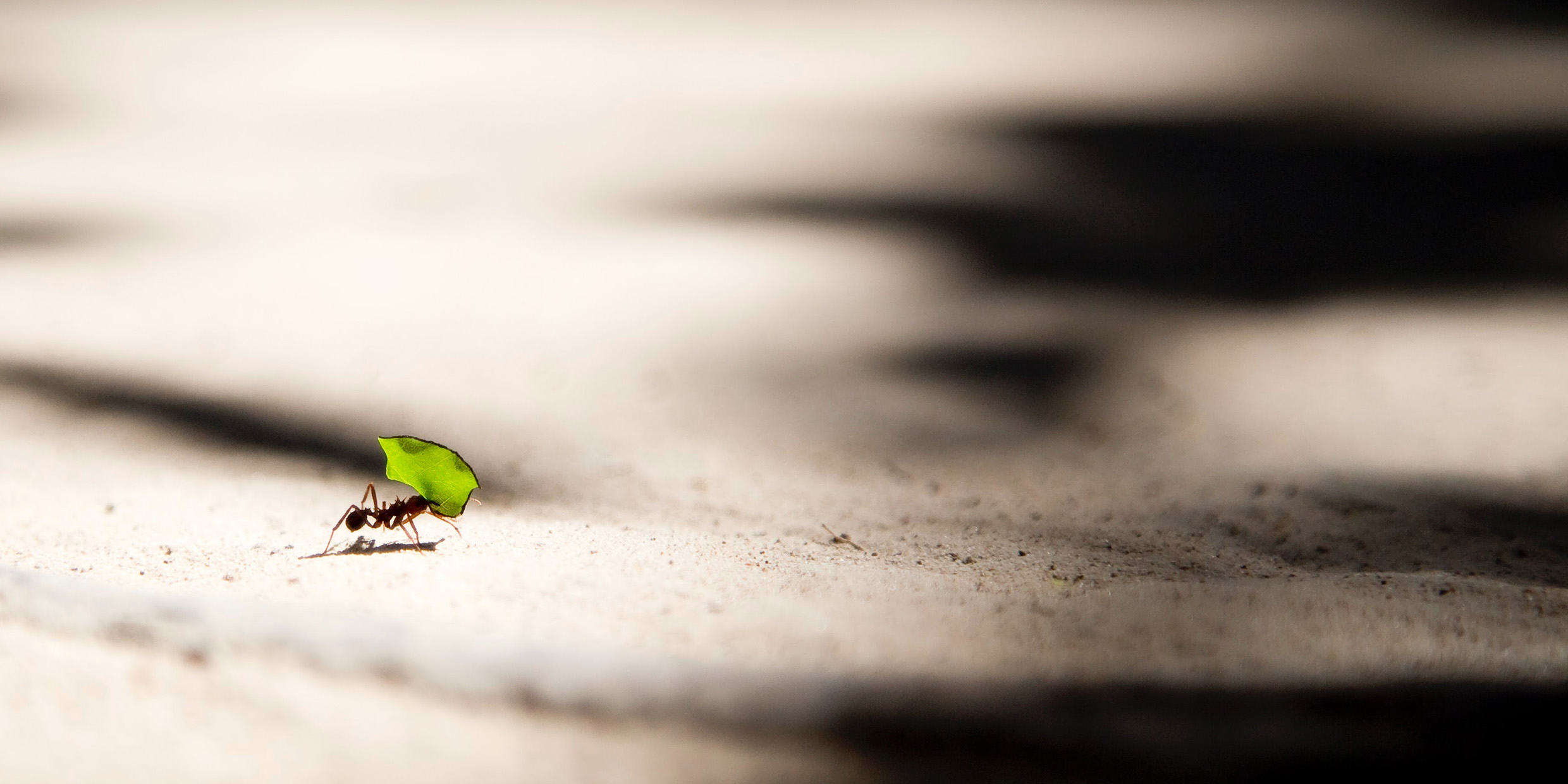Originally published 26 December 2004
“The most common of all follies,” wrote H. L. Mencken, “is to believe passionately in the palpably not true.”
I thought of the grand old curmudgeon’s words recently when I had occasion to kill time with a stack of popular magazines. Every one had a horoscope column. Apparently someone reads this palpably untrue stuff.
I’m a Virgo. The magazines offered me contradictory advice, even in the same month. Jane’s astrologer told me I’d be lucky at the horses; Self’s resident stargazer told me I won’t get what I deserve. Cosmo advised me to laugh it off; In Style suggested that I learn from experience.
God knows I’ve spent enough time in the past, in Boston Globe columns and elsewhere, demonstrating that astrology is a crock, and that newspaper and magazine horoscopes are the biggest crock of all.
One correspondent to the newspaper wrote: “Raymo’s argument against astrology is the usual one: Astrology can be done away with by simply declaring it irrational. In other words, if we cannot understand why it works, it must not work. The same flawed argument could be used against electromagnetism, particle physics, and the force of gravity, with equally senseless results.”
And it’s true. I don’t understand in any ultimate sense why electromagnetism, particle physics, or the law of gravity work. Nobody does. The point is that they do work, in a way that astrology does not. Experiments of the most exquisite sensitivity can be devised to test these theories, experiments that can be performed by believers and skeptics alike with identical results. Radio communication, nuclear power, and the space program are spectacular testaments to he fact that electromagnetism, particle physics, and the law of gravity work.
On the other hand, every scientifically reliable test of astrology has been negative. Whenever professional astrologers have been asked in blind, controlled experiments to match horoscopes with personality profiles or personal histories, their success rate has been no better than chance.
But polls suggest that the number of people who put faith in the stars is on the rise.
Why? I once posed the question to a group of thoughtful high school students. Pseudoscience has a human face, they said; science is remote and forbidding. Pseudoscience is easy to understand; science is complex and inaccessible. Pseudoscience is steeped in history; science is as new as yesterday.
To these answers I would add: The popular pseudosciences give us a sense that the universe is mindful of our individual existences.
“Inspect every piece of pseudoscience and you will find a security blanket, a thumb to suck, a skirt to hold,” wrote the science writer Isaac Asimov. “What have we [scientists] to offer in exchange? Uncertainty! Insecurity!”
I don’t want to beat the still-kicking horse of astrology once again. We all have our security blankets of one sort or another. The universe is a big and sometimes scary place, and it helps to believe that our individual lives are somehow part of a cosmic plan.
I heard the other day from a high-school student in the midwest who had read my book Skeptics and True Believers. He writes: “Are we just meaningless beasts roaming a meaningless Earth with the sole purpose of popping out babies so we can raise them to live longer, more meaningless lives?
A good question, the best question.
What we have learned about our place on Earth does indeed suggest that we are beasts, related even in our DNA and molecular chemistry to other animals. And, yes, the driving purpose of all animal life would seem to be “pushing out babies.”
But our uniquely complex human brains allow us to be more than beasts, more than baby-poppers. As far as we know, humans are the most complex thing in the universe, and in our desire to gain reliable knowledge of the universe the universe becomes conscious of itself.
As for myself, I don’t need stars or gods to give my life meaning. I work at meaning every day, in the love of family and friends, in caring for my own little pieces of the Earth, in art, and in making myself conscious of the mystery and beauty — and terror — of the cosmos.
“Or is there a possibility that there may be more?” asks my midwestern correspondent. Yes, there is almost certainly more to existence than what we have yet learned. Just think how much more we know than did our pre-scientific ancestors.
But that still greater knowledge will have to wait for minds other than my own. My children and grandchildren will know far more than I, and in that growing human storehouse of knowledge I hope they will find some measure of meaning.
In the meantime, I attend to the ant that is crawling across my table as I write, the hummingbird outside my window, the moon that hangs like a great milky eye in the sky. Francis Bacon said that what a man would like to be true, he preferentially believes. That’s a mistake I try to avoid. I choose instead to believe what my senses tell me to be palpably true.



